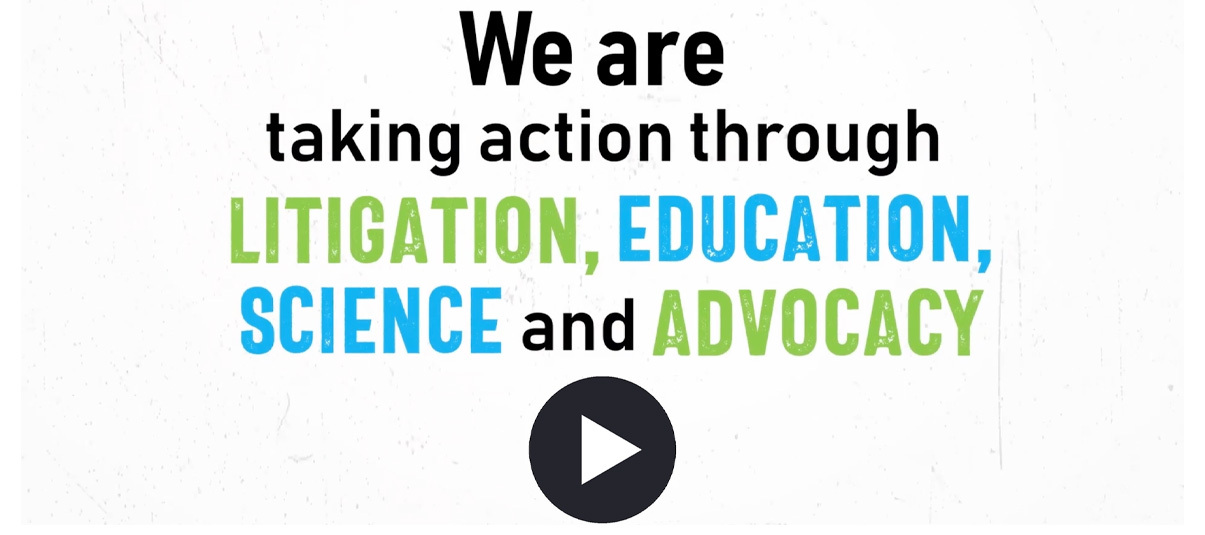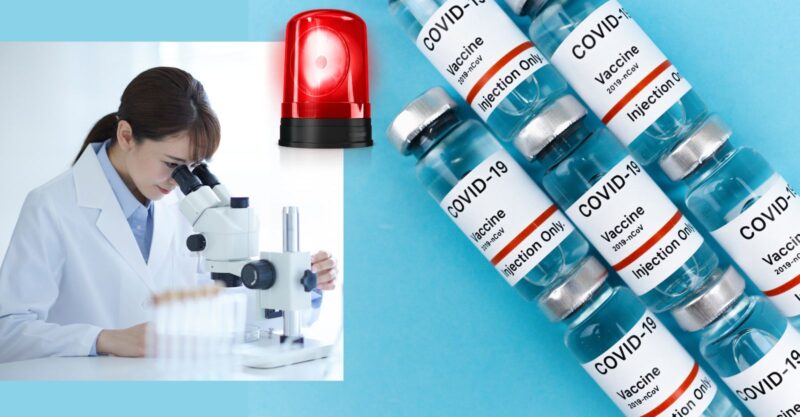Second Major Study Raises Alarms: COVID Vaccination Linked to Elevated Cancer Risk
A new South Korean cohort study follows on the heels of recent Italian data—together pointing to associations between mRNA COVID-19 shots and multiple cancer types, especially in older and younger populations.
Over the past few years, concerns have circulated about whether COVID-19 mRNA vaccines might contribute to cancer risk. Now, a second large-scale study has added fuel to the debate. While causation remains unproven, the accumulating data demand urgent scientific scrutiny and public transparency.
South Korea’s 8.4 Million–Person Study: Six Cancer Types Implicated
A recent population-based cohort study in South Korea analyzed medical records for 8.4 million adults over one year, evaluating the incidence of new cancers following COVID-19 vaccination. The authors found statistically significant associations between vaccination and increased risk of six cancer types: thyroid, gastric, colorectal, lung, breast, and prostate.
Elevated cancer risk was more pronounced in those aged 65 and older, except for prostate cancer. Among people under 65, the increased risk seemed concentrated in thyroid and breast cancers.
The researchers emphasized that their findings do not prove causation, but recommended further studies to explore “potential causal relationships, including the underlying molecular mechanisms related to COVID-19 vaccine–induced hyperinflammation.”
Italian Cohort Study — A Precursor That Paved the Way
Earlier this year, researchers in Pescara Province, Italy, published a 30-month cohort study in EXCLI Journal analyzing data from 296,015 residents. The investigators compared vaccinated and unvaccinated groups between June 2021 and December 2023.
Individuals who received at least one COVID-19 vaccine dose showed a 23% higher hazard ratio (HR 1.23, 95% CI 1.11–1.37) for cancer-related hospitalizations compared with the unvaccinated. The association was strongest when no long lag period was imposed between vaccination and hospitalization. When a 12-month lag was applied, the effect diminished or reversed—highlighting the importance of assumptions about latency periods.
The Italian authors acknowledged potential confounding factors and biases, but emphasized that their results warrant further investigation. This was the first large-scale population study to connect COVID vaccination with cancer-related outcomes, setting the stage for the South Korean analysis of 8.4 million adults that followed.
Expert Voices: From “Turbo Cancers” to Regulatory Hesitation
The South Korean findings reinforce warnings from several independent medical voices. Dr. Peter McCullough has long voiced concern about rapid-onset, aggressive cancers—sometimes called “turbo cancers”—emerging after mRNA vaccination. Dr. Paul Marik and Justus Hope published a 2025 review outlining potential mechanistic pathways, claiming the spike protein may disrupt apoptosis, immune surveillance, metabolic reprogramming, and stem cell growth.
Dr. Aseem Malhotra, commenting on the South Korean study, pointed to oncologist Professor Angus Dalgleish’s hypothesis that COVID vaccines could fuel cancer: “This study, published in a very respected high-impact journal, is significant and concerning.”
Former Wall Street analyst Edward Dowd has drawn attention to population-level excess cancer mortality among younger adults in the U.S. during the vaccine rollout period. He found that excess cancer deaths in Americans aged 15–44 rose by 5.6% in 2021 and 7.9% in 2022, compared to just 1.7% in 2020. In the U.K., a 2023 analysis found annualized excess mortality of around 20% in the same age group—nearly double the prior year.
In February 2025, Dr. Robert Malone highlighted an analysis showing a statistically significant correlation between vaccination and increased breast cancer risk in women under 40.
Meanwhile, Florida Surgeon General Dr. Joseph Ladapo has publicly called for the withdrawal of mRNA COVID vaccines, questioning whether federal agencies can truly rule out the possibility of DNA integration by the vaccines. “These vaccines are unsafe and not fit for human use,” Ladapo stated.
Existing Cancer Trends: A Complicated Backdrop
It is important not to view these studies in isolation. Cancer incidence has been rising for decades. According to the American Cancer Society’s 2025 report, cancer mortality has dropped by 34% between 1991 and 2022 due to better screening and treatment, even as incidence rates of breast, prostate, pancreatic, uterine, melanoma, liver, and oral cancers have steadily increased.
Particularly for colorectal cancer, incidence among younger adults below age 50 has climbed by about 2.4% per year. Some of this trend remains unexplained and is often attributed to changes in diet, obesity, environmental exposures, and overdiagnosis.
The concern raised by the Italian and South Korean studies is that COVID shots may be accelerating this existing trend and unleashing a wave of aggressive cancers in both older and younger populations.
Limitations, Uncertainties and the Path Forward
No legitimate scientist claims to have proved that COVID-19 vaccines cause cancer. Both major studies include limitations such as latency assumptions, potential confounders and healthy-vaccinee bias. Yet these limitations do not diminish the duty to investigate.
The emergence of two large-scale studies in under a year—both pointing in the same direction—should compel regulators and public health authorities to take the matter seriously. Transparent investigation, not censorship, is what the public deserves.
Conclusion
With the South Korean study now standing alongside the Italian analysis, the hypothesis that COVID-19 mRNA vaccines may contribute to increased cancer risk has moved from speculation to a serious scientific concern. These findings should not be dismissed as coincidental. The demand for accountability, transparency and independent research has never been more urgent.
The only two large-scale, population-wide cohort studies assessing COVID-19 “vaccines” and cancer risk found MAJOR INCREASES IN MULTIPLE CANCERS.
BOTH mRNA (Pfizer/Moderna) and viral-vector (Janssen/AstraZeneca) platforms are carcinogenic. https://t.co/v0n7KqLOkn pic.twitter.com/dOmsKEilwh
— Nicolas Hulscher, MPH (@NicHulscher) September 28, 2025
Sources:
Kim HJ, Kim M-H, Choi MG, Chun EM. 1-year risks of cancers associated with COVID-19 vaccination: a large population-based cohort study in South Korea. Biomarker Research. 2025.
Veronesi G, et al. COVID-19 vaccination and cancer hospitalizations: a cohort study in the province of Pescara, Italy. EXCLI Journal. 2024.
The HighWire. Reporting on South Korean study and vaccine concerns.
Marik P, Hope J. Review on COVID-19 vaccines and cancer mechanisms, 2025.
Malhotra A. Comments on South Korean study, 2025.
Dowd E. Analysis of excess cancer deaths, 2024.
Malone R. Report on breast cancer correlations, February 2025.
Ladapo J. Florida Department of Health Statements on COVID-19 vaccines, 2024–25.
American Cancer Society. Cancer Facts & Figures 2025.
****************************************************************************************************

